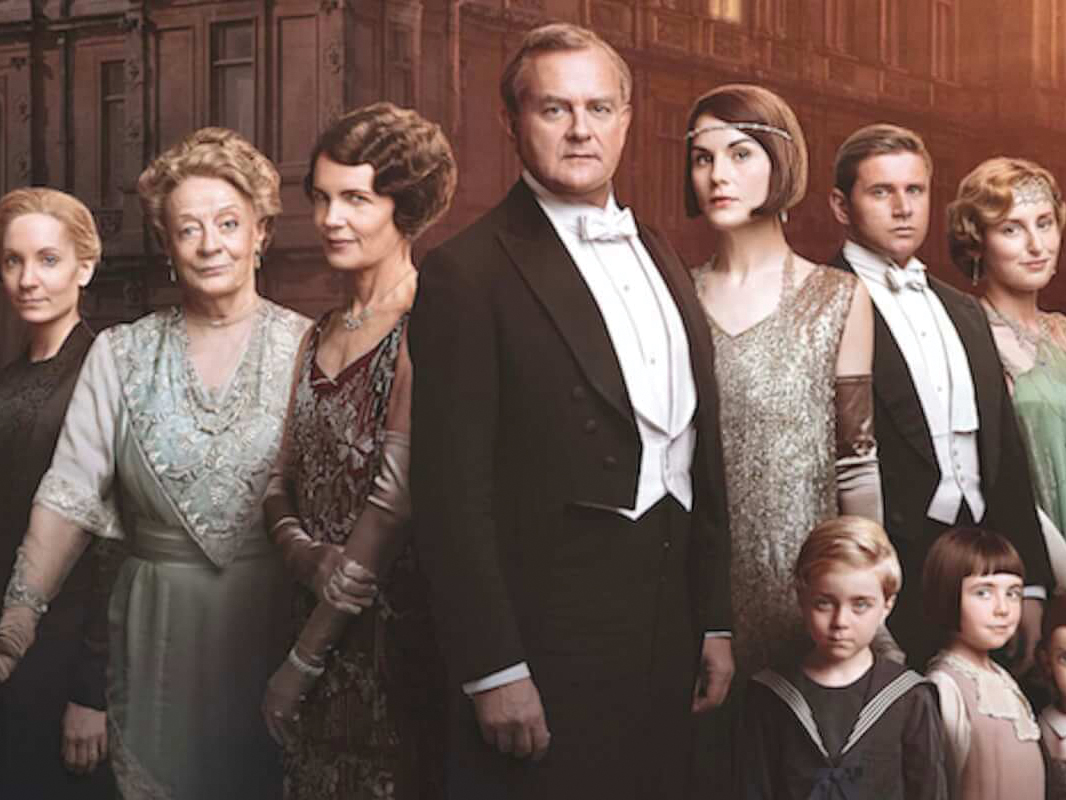
As a continuation to the six-season series that aired on the Public Broadcasting Service (PBS), the “Downton Abbey” film focuses on the Crawley family and their servants as they plan for a visit by Queen Mary and King George V. The complicated and multi-faceted film echoes the complexity of the show; the film functions independently from the television series but uses the same characters and successfully continues the original plot without the focus being solely on the usual characters. Nonetheless, the film is an excellent and well-crafted successor to the eponymous show.
As the king and queen arrive at Downton, the estate’s servants are insulted by the arrogance and commandeering of the house by the king’s servants. Simultaneously, the audience witnesses the Crawley family struggle to make a good impression on their Majesties amidst several mishaps and associated family drama. The film, however, exemplifies the class divides between the cheerful servants and the snobbish aristocrats as well as the place of women in elite British society during the second decade of the 20th century.
The film is artfully done with sweeping camera angles that emphasize the beauty and glamour of this period in British history. The filmmakers do not leave out the typical montages of the series that show servants industriously preparing for the numerous balls the Crawleys are privy to. The cast remained faithful to their characters from the show and the little variation made the transition from the show to the film seamless.
However, the one downside in the film were the subplots of love affairs that were overdone. Several romances emerge while numerous relationships from the original continue, which makes the film too sappy and adds another layer of over-complication. The film does provide more context and attention to Barrow’s homosexuality which was an aspect not as noticed or expanded upon in the show.
What is particularly striking about the film, as was evident in the show, is the social commentary that accompanies it. I find the American obsession with the British aristocracy curious. However, it really is not any different from the massive industry Hollywood has built exhibiting America’s elite to the masses for entertainment. In a time where we have presidential candidates railing against the privilege of the rich, it is an interesting contrast to the prevailing mainstream message.
Though a far kinder inequality is portrayed in the film as the audience observes Lady Mary openly discussing selling Downton to her maid, Anna, reflecting on the fragility of the system they live in. This is a persistent theme she revisits with her grandmother, the matriarch of the family, at the end of the film. Anna ardently reassures Lady Mary and urges her to keep Downton in the family, as it brings the commoners pride; she insists that the aristocracy is a necessary cultural foundation. Similarly, when asked to step down by the family to make way for Carson to take over planning the royal visit, Barrow loudly protests to the Earl of Grantham. This idealized servant-master relationship adds a certain endearing quality to the series, which contributes to the film’s popularity. Its inequality is part of a nostalgia for the early 20th century, perceived now as a time of glamour.
Though there is a certain American obsession with the rich and everything British, the show strikes a contrast to the violence, disadvantages and disrespect of society today. There is a tinge of arrogance in suggesting that Americans tacitly accept the stark inequality in American society but I think the film is more of a reprieve from the nastiness in American culture and the regular violence prevalent in just about every Hollywood movie that has recently debuted. This is not to dismiss, however, that the film is a blatant exhibition of extreme privilege and unrelenting entitlement. In the film’s defense, the Crawleys do nonetheless represent a certain class and decorum that appeals to Americans, itself a relic of a closely related culture. Frankly, it’s refreshing to see a film draw the viewer in and keep their attention without the hypersexualized, violent and provocative behavior of characters in most other Hollywood films. The film accomplishes some social commentary on women’s position, classism and homosexuality while remaining tactful and composed.
Verdict: Though watching rich people struggle with change is rather exhausting, “Downton Abbey” has a certain appeal that isn’t annoying or overbearing; it provides a window into a history that contrasts current Hollywood films. The film is satisfying in its rather simple plot and exemplary cinematography that honors the legacy of the television series.







